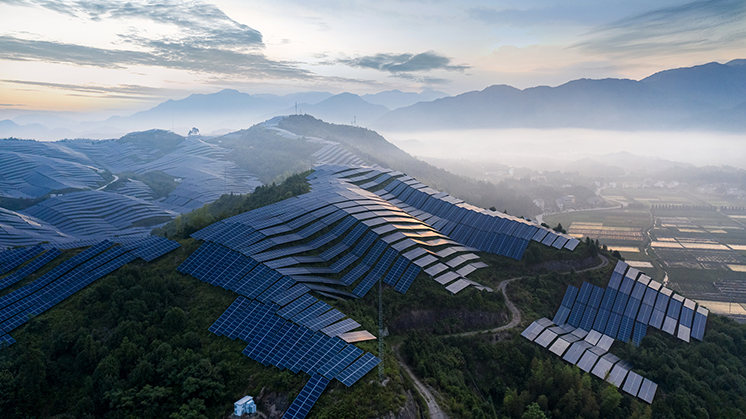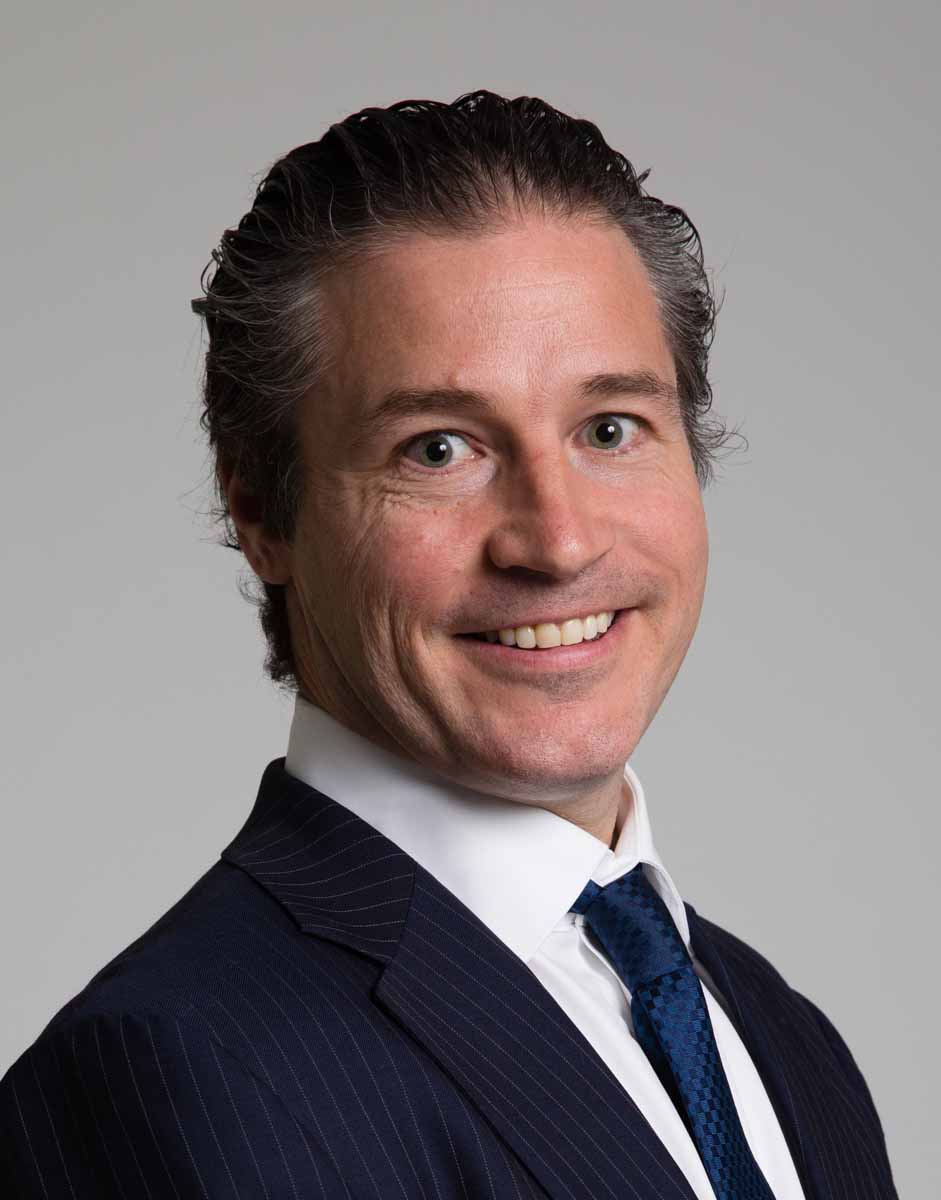
After the wild ride experienced by investors in 2022, Perpetual's Deputy Head of Equities Anthony Aboud is seeing opportunities in high-quality companies which have traditionally been classified as growth stocks. He also notes the decarbonisation trend as a key investment thesis for 2023 and beyond.
Looking at the Australian market, which was down just over 1%, you would have thought that 2022 was a pretty boring year in the markets. However, nothing could be further from the truth. Global stock markets were hit hard with the NASDAQ down 33%, S&P down 19% and bond markets getting decimated. While 2022 seemed to be an atypical year relative to the previous decade, we think that there is a decent chance that it could be the new norm for markets. For the last decade − and more acutely in the last five years before 2022 − momentum was the strongest factor and narratives were more important than earnings and cashflow.
As a result, passive and momentum strategies worked superbly well up until late 2021. However, with interest rates now materially above zero (and central banks likely to be gun shy about zero interest rate policy for the foreseeable future), business models, cashflows and balance sheets are going to matter again. The nice thing about this type of market for fundamental, value focussed investors is that it throws up opportunities as the masses reject the old narratives to chase the shiny new macro theme. This allows us to pick up good businesses at good prices.
One of the themes which we believe has had a massive impact on sector performances over the year − and will continue to play a major role in returns in the coming years − is the decarbonisation trend. Whether you believe in its merits or not, decarbonisation momentum continues to build. As investors of other people’s capital, it is important that we take away our own biases and try to generate a return wherever the opportunities may be. We may feel strongly about the need for policies on climate change and we may dislike the unintended consequences of some of these policies, however, our goal is not to complain about how fast or slow this energy transition will be. Our job is to try to identify emerging trends and then look for money making opportunities for our unit holders.
This played a role in some of our stock picks over the last twelve months and will likely play a part in some of our long and short ideas in the years to come. For us, there are two multi-year themes from which we think there will be money-making opportunities on the long side. The first angle we have identified is that there seems to be a level of over-optimism about the speed and efficacy of renewable sources of electricity in Australia. Large scale electricity generation and distribution is extremely complex, however, in this age where good long-term policy plays second fiddle to vote winning soundbites, we are going to end up with some irrational policies in the shorter term. Where we have a differentiated view from the consensus is that we are probably a little less optimistic about the speed of transition and the efficacy of intermittent energy, especially in light of the likely under investment in gas reserves likely to persist.
The other side of the decarbonisation strategy is to look to invest in the wind farms, solar farms and battery technologies that will be required. A lot of people focus on the raw materials (lithium, rare earths, cobalt, nickel, copper etc.), which is a bottleneck in itself, but the other bottleneck is the refining of such materials. In most cases this is completely dominated by China. The area we think is interesting is ex-China refining of some of these important materials. On this front, in both the Pure Equity Alpha Fund and the SHARE-PLUS Long-Short Fund, we own some Iluka, which is building one of the largest rare earths refining facilities outside of China, and Jervois, which owns cobalt refining facilities in Finland and is building nickel and cobalt refining in Brazil. There is a lot to play out in the decarbonising thematic and we believe understanding the likely winners and losers from a spike in the carbon price is going to yield some good ideas.
